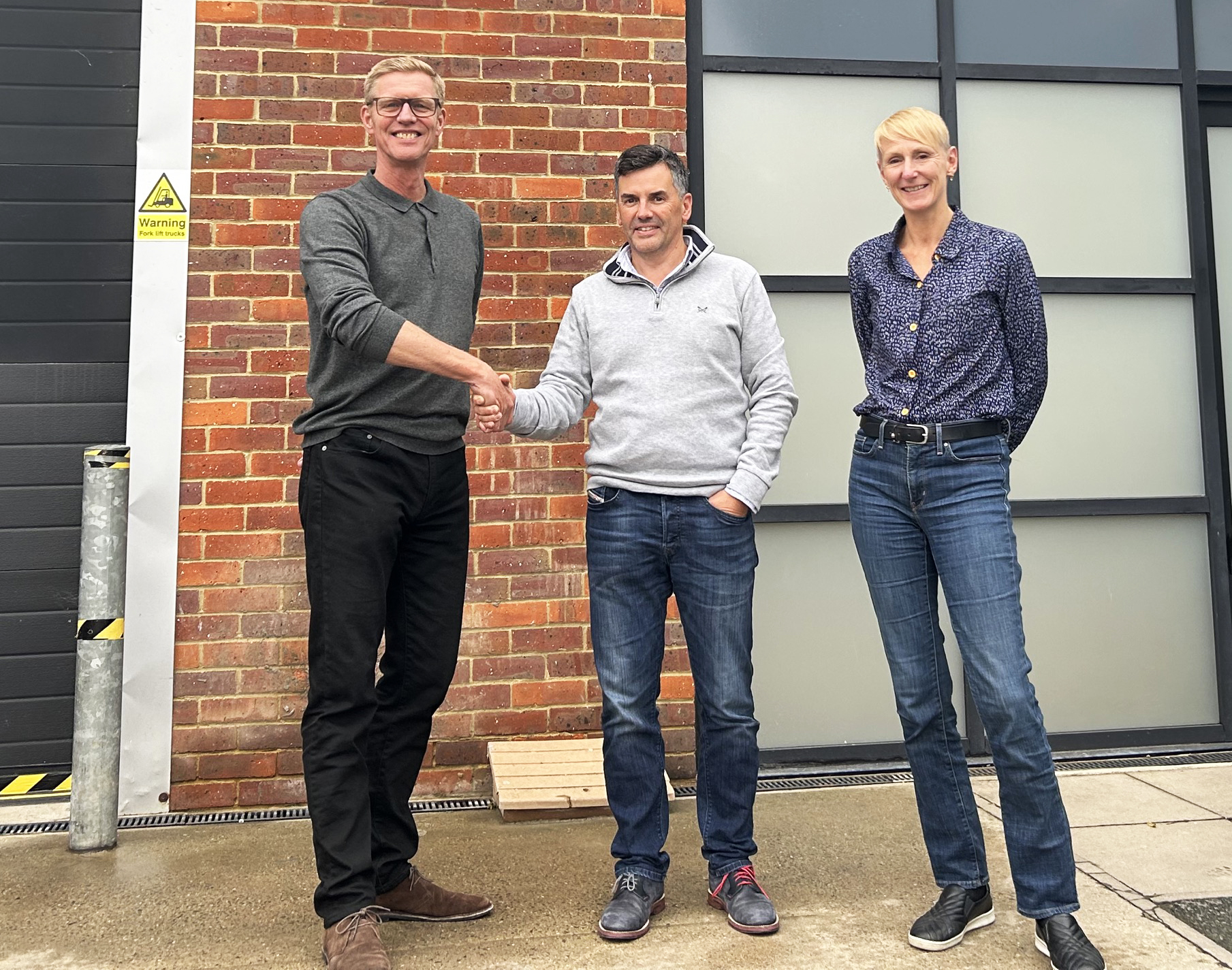Angola, a nation historically tethered to its oil-centric economy, is embarking on a bold journey towards economic diversification through the groundbreaking Privatization Program, commonly known as Propriv. Within this ambitious venture, the introduction of Special Economic Zones (SEZs) is set to redefine Angola’s economic terrain.
Propriv, a strategic governmental initiative with a dual objective of reducing oil dependency and fostering economic resilience, carries the potential to reshape Angola’s economic framework. This program focuses on the privatization of state-owned enterprises and assets, with a keen eye on priority sectors such as construction, mining, public works, telecommunications, and information technology. This strategic pivot aims to attract both domestic and foreign private investments, stimulate economic dynamism, and dismantle monopolistic structures that have hindered growth.
The inaugural phase of Propriv, spanning from 2019 to 2022, achieved resounding success by privatizing 96 companies and generating an impressive $1.13 billion through diverse channels, including public tenders and Initial Public Offerings (IPOs). This initial triumph has paved the way for an expansive second phase, with 73 additional assets and companies slated for privatization by 2026.
Prominent entities featured in the second phase of Propriv include ENSA – Seguros de Angola (an insurance company), telecommunications giants Unitel and TV Cabo, and the Angola Development Bank. These strategic maneuvers underscore a steadfast commitment to diversifying and modernising Angola’s economic landscape. Furthermore, the imminent privatisation of national institutions such as TAAG (the national airline), Aldeia Nova (an agro-industrial company), Endiama (a diamond firm), and Sonangol (the National Oil Company) will further amplify the program’s impact.
Propriv adheres to an expedited timeline, aiming to conclude the privatisation of 31 assets by Q4 2023. This accelerated approach is bolstered by plans to privatise 11 Sonangol processes, culminating in a complete exit from the company by 2027. Additionally, the incorporation of seven assets within the Luanda-Bengo Special Economic Zone underscores the government’s commitment to harnessing the potential of SEZs.
The election of President João Lourenço in 2017 marked a pivotal moment for Angola. Recognising the imperative of diversification, his administration initiated significant legal reforms and charted a roadmap for expediting privatisation efforts. This initiative, funded by the expansion of oil production and proceeds from state-owned enterprise sales, aims to invigorate the private sector, enhance the business climate, and catalyse economic expansion.
Central to Propriv’s triumph is both foreign and domestic investment. A concerted effort to attract investments not only streamlines business processes but also nurtures private sector growth. Coupled with investments in infrastructure and industry diversification, this approach paves the way for sustainable economic development and job creation.
Propriv’s international credibility is further underscored by its alignment with the International Finance Corporation, a global development institution. This affiliation not only upholds high standards of quality but also instills confidence in foreign investors. As Propriv unfolds, it promises to align Angola more closely with free-market principles, stimulating competition, lowering market entry barriers, and promoting efficient management practices.
In essence, Propriv lays the groundwork for thriving markets within Angola. With abundant natural resources and a favourable climate, Angola stands as a prominent player in sub-Saharan Africa. Investors have the opportunity to engage in significant projects that not only benefit their enterprises but also contribute to the nation’s economic prosperity and social advancement.
Angola’s voyage towards economic diversification serves as a testament to its dedication to a more stable, prosperous, and resilient future. As we anticipate the impact of SEZs within the Propriv framework, it is evident that Angola stands on the brink of a transformative economic leap. The potential is boundless, opportunities are abound, and the road ahead is brimming with promise.





